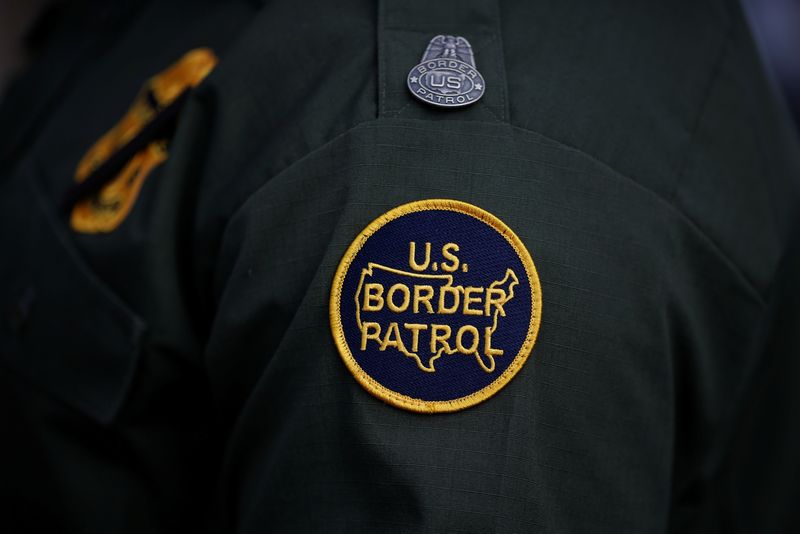(Reuters) -An investigation into the death of an 8-year-old Panamanian girl while in custody of the U.S. Border Patrol in Harlingen, Texas, showed that the family was repeatedly denied an ambulance, the U.S. Customs and Border Protection (CBP) said on Thursday.
The child died on May 17 after experiencing a medical emergency at the agency's station in Harlingen, three days after being transferred from the Donna Processing Facility, near the border in Donna, Texas, for medical isolation.
Acting CBP Commissioner Troy Miller called the child’s death "a deeply upsetting and unacceptable tragedy" in a statement, and pledged to take actions - including a ban on some medical providers involved and review of medically vulnerable people in the organization's custody.
The family had been held by CBP for nine days despite agency policy limiting custody to 72 hours.
The family was being held for deportation, two U.S. Department of Homeland Security officials said, requesting anonymity to discuss details of the case. DHS did not immediately reply to a request for comment.
Neither Border Patrol agents nor the contracted medical personnel who interacted with the family in Harlingen acknowledged being aware of the girl's medical conditions, which included sickle cell anemia and congenital heart disease, CBP said.
The family had reported the girl's medical history at the Donna facility, CBP said, adding that the girl's mother had requested three or four times that an ambulance be called or that the child be taken to a hospital.
The girl had ran a fever which peaked at 104.9 degrees Fahrenheit (40.5°C) over the early morning of May 16, CBP said, adding she had been prescribed flu and fever reducing drugs, given ice packs and a cold shower.
"Despite the girl's condition, her mother's concerns, and the series of treatments required to manage her condition, contracted medical personnel did not transfer her to a hospital for higher-level care," the statement said.

In addition, CBP said, surveillance cameras at the Harlingen station had not been working while the family was in custody, forcing them to rely on staff interviews.
The latest details about the incident came from an ongoing investigation by CBP's Office of Professional Responsibility and remain subject to verification, the agency said.